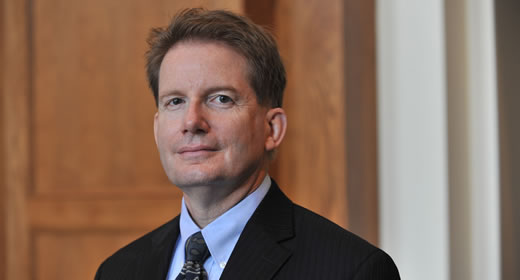
Economics of Carbon Taxes
By Barry Rabe
The idea of enacting a carbon tax to address climate change and fiscal woes may be as plausible as relying on new leadership to steer the Chicago Cubs to their first world championship in over a century.
But now that another baseball season has come and gone with no changes on the North Side of Chicago, national fiscal season emerges with yet another return to the question of imposing some form of tax on some forms of fossil fuel. In this case, could such a tax be part of a fiscal cliff deal?
The carbon tax idea has been around for a long time, backed by an extensive and ideologically diverse set of economists. This includes prominent economic advisors going back to every presidential administration since that of Richard Nixon, though their public embrace of the idea tends to increase markedly after departure from public office. Even diverse think tanks are getting back into the act, reflected in yesterday's "economics of carbon taxes" summit at the American Enterprise Institute.
Indeed, that illustrates the main rap against carbon taxes: Good economics, awful politics, public policy non-starter. Why take a risk on the best available policy option when the political costs are likely to be severe? And why not revert to third- or fourth-best policy options that obscure the costs and thereby curry greater favor? The avalanche of state and local climate initiatives over the past decade largely reflect this pattern, with carbon tax aficionados most likely to note much earlier experience from the Nordic countries as their models. ... continued at Brookings.edu.
[Read the full post on the Brookings Institution website]